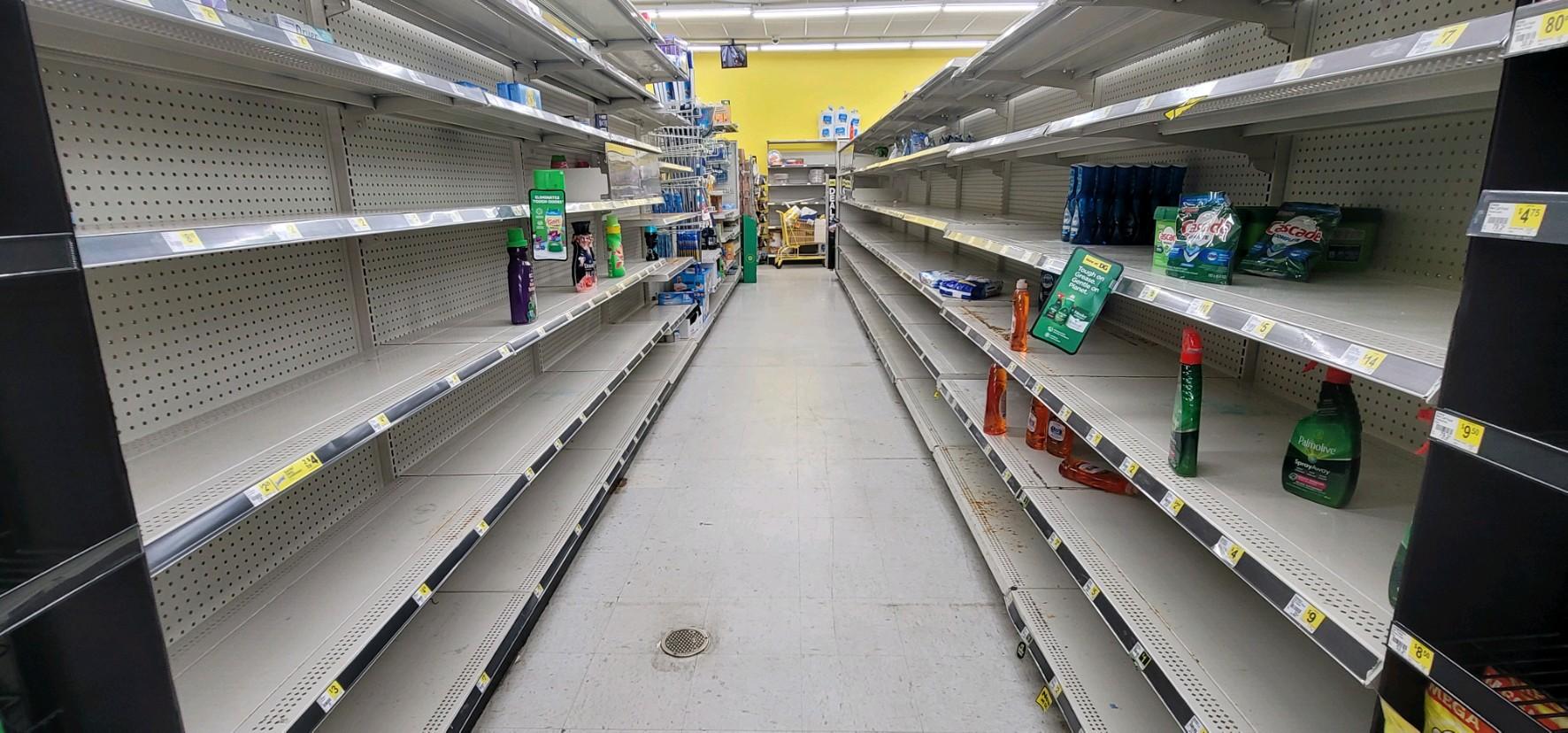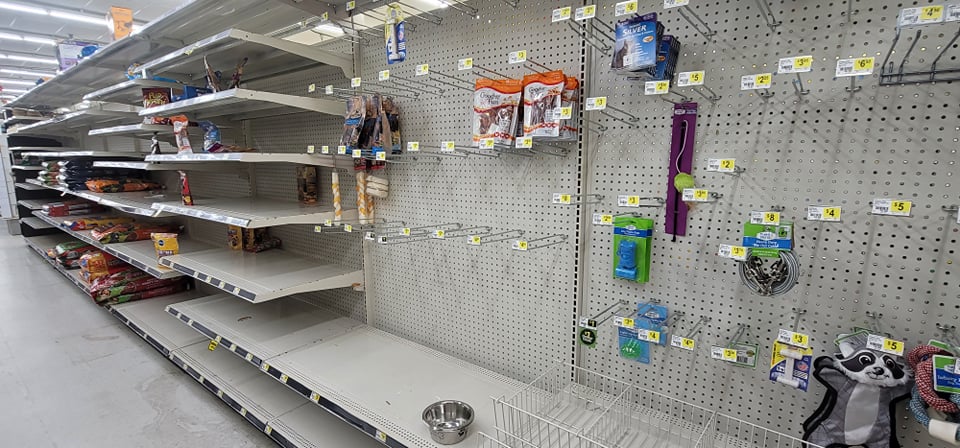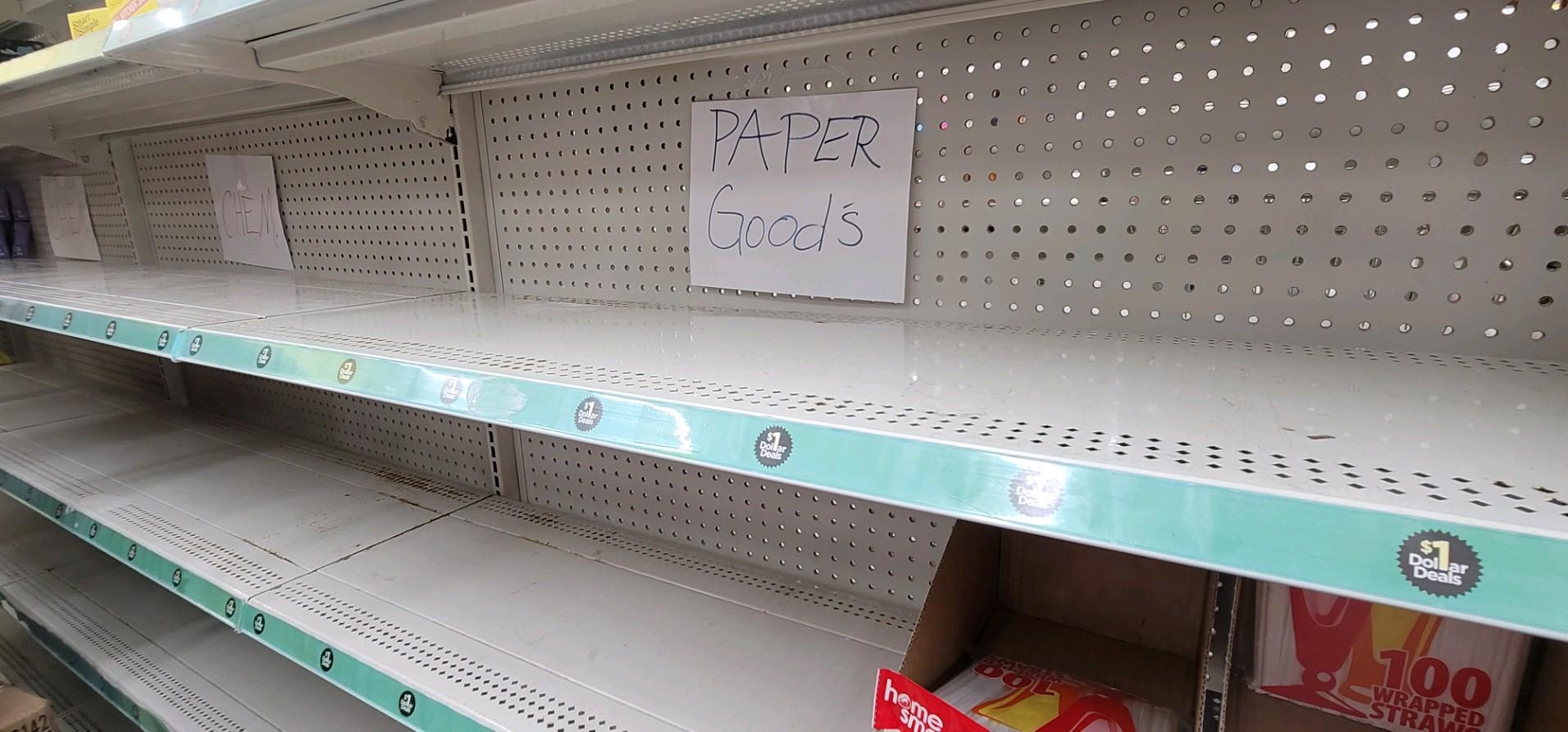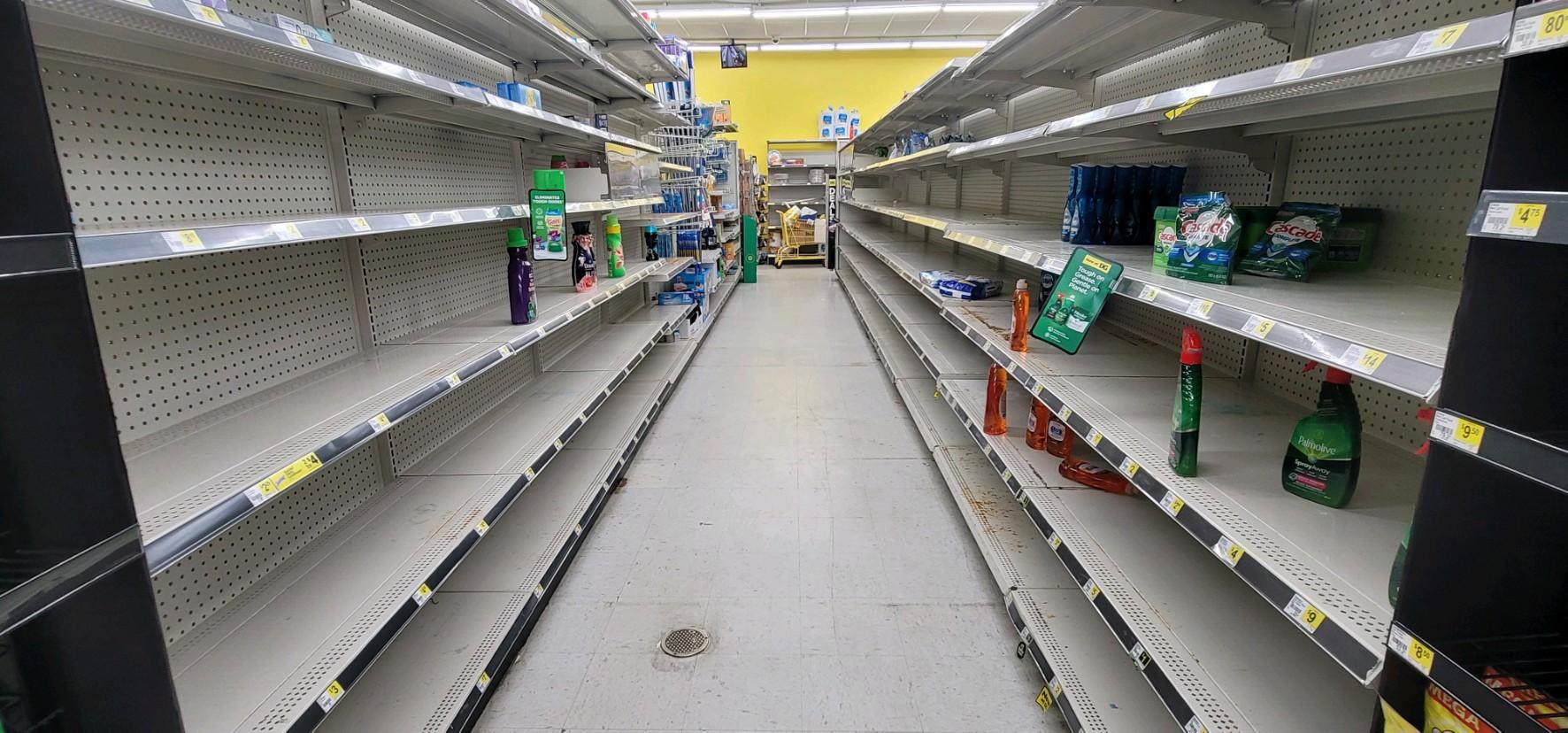By Craig Monger
The national supply chain is in a state of crisis. Ships can be seen in the Los Angeles Harbor waiting to be unloaded, while people in Alabama can see their fuel and food prices rising month by month. The American supply chain is a fragile and complex system, and there is not a singular cause of its recent breakdown.
One of the major causes seems to be the lack of domestic distribution. While there are plenty of goods on American soil, transporting them to their necessary destinations continues to be the leading issue in the supply chain. Chris Spear, the President and CEO of the American Trucking Associations, told CNN that the nation would need 80,000 drivers to address the current lack of drivers.
Alabamians have expressed concern with the issues in the supply chain breakdown, leading some to wonder if they will have trouble purchasing gifts for the holiday season. A more pressing concern for the citizens of Alabama is the possibility of a shortage of groceries and the continual skyrocketing of fuel prices. Many Alabamians have taken to social media to share stories of bare shelves in grocery stores, as well as voicing their consternation with the increased prices of the products in general.

 PreviousNext
PreviousNextThe Alabama Grocers Association refused comment on concerns regarding the current lack of store inventory, as well as the possibility of future shortages and price increases across the state.

According to the Food Industry Association (FMI), the issues causing the shortages are multi-faceted, but the increase in cost is more simple.
“Inflation has caused the price of all consumer goods – from gasoline to apparel – to increase,” FMI told 1819 News.
Due to the COVID-19 pandemic, there was an influx of billions of dollars in government relief injected into the economy. With that money not coming at the exchange of goods and services, the currency inflates and its value decreases; and with the value of the dollar decreasing, companies are forced to increase prices.
While the cause of price increases can be attributed to inflation, the shortages have several contributing factors.
"The last 20 months do not reflect traditional business cycles in the grocery industry,” FMI said. “For the supply chain to stabilize and regain a sense of familiarity in terms of operations, there unfortunately is not a simple solution. The current product availability challenges are inconsistent and often regional. They are due to a confluence of supply chain factors – materials and ingredients; labor; equipment; transportation and trucking; capacity; inventory control; cost pressures; and weather-related events.”
The nature of how Alabamians shopped was affected by the state lockdowns that resulted from the pandemic.
“At the beginning of the pandemic, the grocery shopper demand doubled overnight, and now, the demand pressures we felt in March 2020 have not returned to pre-pandemic levels,” FMI said. “We went from an eating culture to a cooking culture at home, and demand has not abated. The average household spending has held steady at $143 per week, which is down from the $161 we witnessed at the height of the pandemic last year. To give you context, in 2019, the average weekly spending at the grocery store was $113.50. This was also a time when inflation was relatively low, and other supply chains (like restaurants) were competing for that share of the food dollar.”
While it can be relatively simple to point to what has caused the massive boondoggle that is the national supply chain, there does not seem to be clear and simple path to recovery. Prices of food and fuel continue to rise, and there is no real solution forthcoming. Thus far, there has not been a statement issued on the supply chain crisis from Gov. Kay Ivey or anyone else in the state Government. The only suggested solution is to wait it out.
On a national level, Congressional leaders have voiced concern about consumer prices. Sen. Tommy Tuberville (R) said consumer prices increased 5.4% in September 2021, compared to September 2020.
“These increases may seem small to Democrats in Congress and to Biden’s team at the White House, but for those living paycheck to paycheck, they matter,” Tuberville said. “These price hikes force working Americans to dip into their savings to meet their basic needs.”
The senator said the unchecked inflation shows no sign of slowing down. He blamed anti-American energy policies
“The combination of all these challenges will continue to be disruptive and will create an uneven supply chain recovery, but we ask that shoppers hold on as we continue to recalibrate,” FMI said. “While we maintain resiliency in our global grocery supply chain, more time is needed to reach a new equilibrium.”










